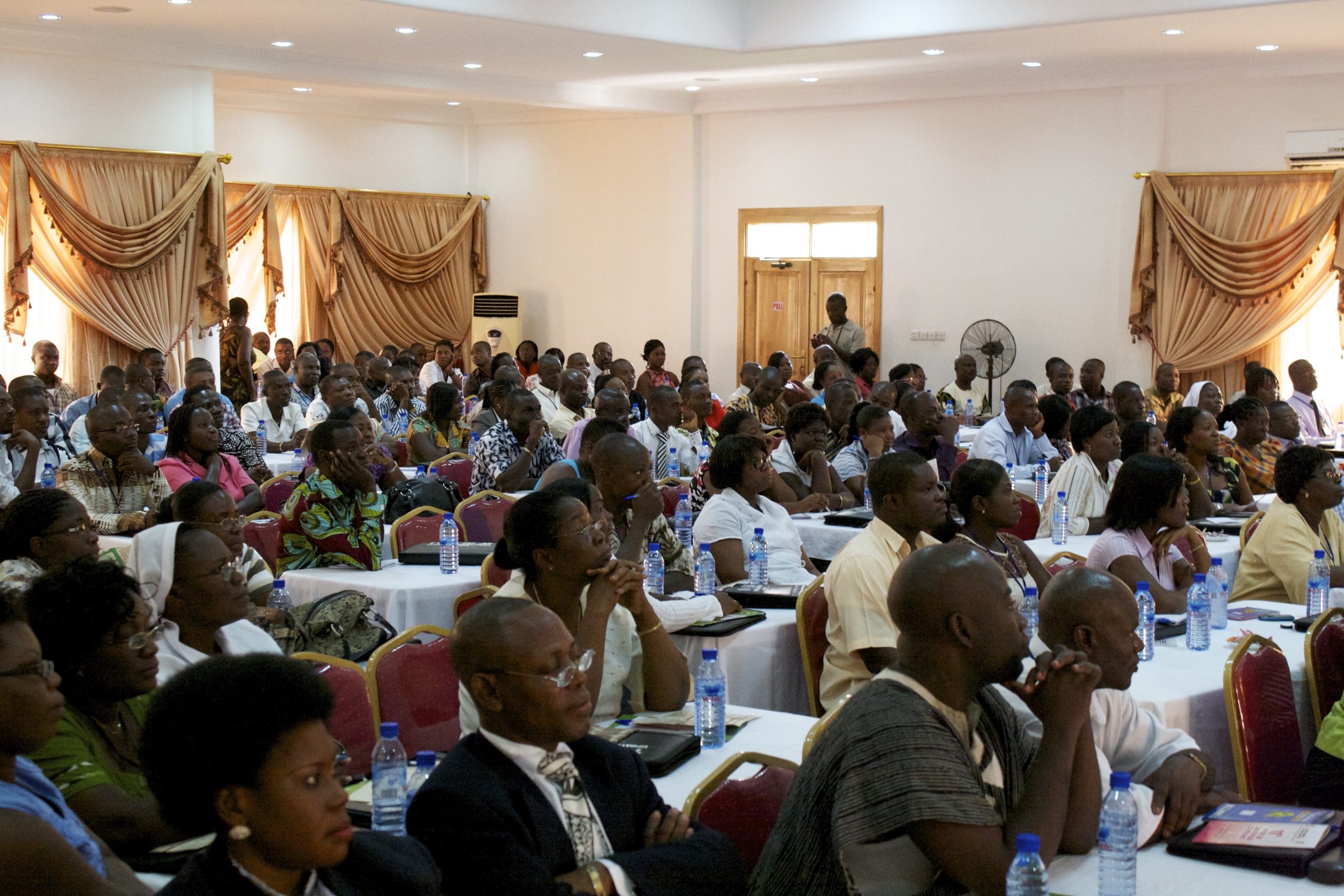The ability to easily access continued higher education is often something that is taken for granted here in the United States. For professionals seeking additional education in their field, or even just a refresher course to re-affirm their skills, it can be as simple as signing up for a course at the nearest university.
For those in countries such as Ghana and throughout Sub-Saharan Africa, access to such courses is more complicated, and significantly more difficult to come by.
Mark Harris, Associate Professor in the University of Utah’s School of Medicine, first began working in Ghana and Sub-Saharan Africa 15 years ago through the International Anesthesia Education Forum [IAEF].
During his initial trips to Ghana, Harris and his colleagues were working directly on individual cases, but soon found themselves inundated by nurse anesthesia students who were working at the hospital who were seeking more education.
They quickly discovered that there was only one M.D. anesthesiologist working in the entire hospital, and he was one of only two M.D. anesthesiologists practicing in a country of 25 million people.
From there, Harris and his colleagues decided to help by providing teaching opportunities in the classrooms and operating rooms there. Over the last 15 years the teaching opportunity has grown into a larger initiative that takes place annually.
“The important part of being an anesthesiologist or a surgeon is really what’s between your ears; it’s your training. When you don’t have all of the drugs, equipment and monitors, what you do have, and what you fall back on is your training and knowledge,” Harris said. “We can’t give everyone the fancy equipment that I use everyday here at the university, but what I can give them is the knowledge and the thought process that I use every day here. And to me, that is the most important part of our course.”
Harris believes it is wonderful to be able to work directly in the operating room with a few students on a case, but it’s even better to be able to take that to a classroom environment where they can reach a few hundred people instead.
“Our focus is really on training. There are very few anesthesia providers relative to the need and the workforce of Sub-Saharan Africa and of all the lower income countries,” Harris said. “My focus has always been on both creating new providers and helping existing anesthesia providers to maintain their proficiency.”
As of 2014, the most recent continuing education course offered in Ghana had more than 400 people in attendance over the course of the two-day seminar.
“We have people from all over Ghana and adjacent countries come to the event, because until recently, it was the only government approved continuing education course for anesthesia providers in the country,” Harris said.
The program has grown to such an extent, that Harris and his colleagues from the University of Utah are no longer even running the program, but it is now run by their colleagues there in Ghana. They still attend the courses as keynote speakers and guests.
One current issue low income countries are facing is the loss of surgical providers who already practice there. Many of these providers often end up leaving their home country to practice elsewhere. While Harris said that a solid 20-30% will often continue to work in another low-income country, many others end up leaving to work in Western Europe or the United States.
The need is so great that the differential between the U.S. and some of these countries is as high as a factor of 20, with 20 more anesthesia providers per 100,000 people here in the U.S. than in Sub-Saharan Africa.
There are a variety of reasons for this, but one of the primary reasons many choose to leave is because they are seeking greater professional development opportunities, with few choosing to go back due to financial and personal security concerns.
“If we are going to address the professional migration problem from countries that badly need all of the professionals they can get, then we have to use the carrot rather than the stick. We have to fix why they are leaving,” Harris said. “Our courses provide an opportunity for healthcare professionals in the low-income world to further and reaffirm their skills. We want to enable them to continue to provide top performance care in their home country.”
Looking to the future, Harris said they are currently in the planning stages of having a potential course offered in The Gambia, Africa possibly as early as Fall 2015.
Their future goal is to be able to continue to plant continuing education courses such as these in as many countries as possible, with the hope that said programs may spawn additional courses of their own.
“Our goal with our refresher course model had always been to start the process in a country, so that over the course of four or five years, we can transition to a situation such as what we now have in Ghana, where our colleagues now run the program,” Harris said.
As for the success that the program in Ghana has had, Harris had only one thing to say.
“My compatriots and colleagues in the low-income world are the ones doing the work,” Harris said. “They are the ones who are going to work every day in their underequipped hospitals, with their poor staffing and lack of access to medications. They take care of all of these tremendously sick people with very little equipment. We may go over there and help for a couple of days, weeks, or even years, but they are the ones doing this every single day. We’re just helping out a little bit.”

